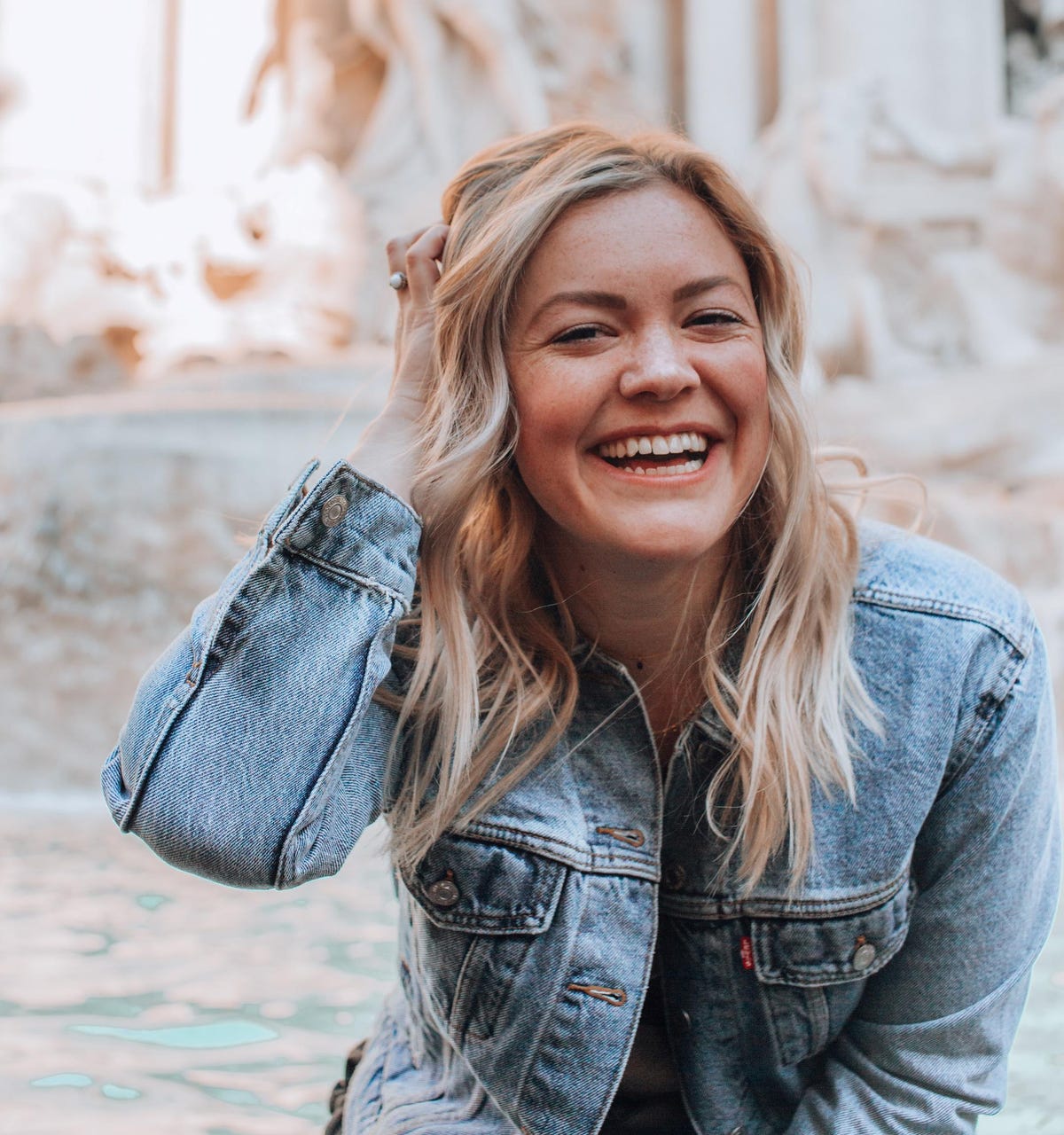
Take these 7 steps forward.
By Nancy F. Clark—
Let’s quickly take a simple step to increase your positivity by reducing your negativity.
1) A Quick Simple Step
Here’s what you do. Think about an unwanted attitude you have that you want to change. It might be something like self-judgment, judgment of others, or perhaps it’s a fear of something.
Visualize yourself not encountering this. Think about what you will feel instead. Breathe in slowly, imagining the energy going to your heart. Hold it for a second and then release your breath slowly—enjoying the positive change.
2) Savor The Now
Mindfulness sometimes sounds like a future state in a meditation regime. It doesn’t need to be so difficult. Look around right now and find something that captivates your interest. Savor it and see how many of your senses can be involved. When you think about the past, that reptilian part of your brain brings the negative things right up to the forefront. When you think about the future, that same part of your brain thinks about what terrible things could happen if something were to go wrong. Mindfulness filters these negatives out for you.
3) What About Money?
You may be thinking, when I have enough money to buy X, then I will be happy. Daniel Gilbert says in his book Stumbling On Happiness, this never brings about enduring happiness.
You would be happier if you would ask this question: Could I use a little money to buy something for someone else? Researchers found that buying something for others increases our happiness level as well as theirs. I call that a double positive.
A new friend adds to your happiness.
MORE FOR YOU
4) Make A New Friend
You might want to expand your group of friends by volunteering for a new activity, taking a class or perhaps joining a gym. Make the decision to spend time before or after each event to talk with someone. Find out how they’re feeling and what their daily life is like. Tell them about your day too, but don’t monopolize the conversation.
Professor Marisa Franco explains that as you get older, making friends no longer happens organically. She says, “If we continue to expect friendships to happen naturally like they did when we were kids, we run the risk of waiting for something that might never come. Being intentional is essential.”
I suggest that a good way to grow a group of friends is by setting up planned interactions like a monthly book club, or rotating potluck dinners or a weekly happy hour at a local restaurant
5) Get A New Daily Habit
Stanford professor BJ Fogg teaches that you need a 3-step formula for building a new habit. Find an anchor moment—that’s something you do every day like waking up, brushing your teeth or taking your vitamins. Decide what new behavior you want to put in place right after that event. And then also decide how you will celebrate your good move. You could pat yourself on the back each time or maybe eat a tiny chocolate. This helps make the new move an actual habit.
Writing by hand activates the RAS part of your brain.
6) Add A Dose Of Gratitude And Appreciation
Healthline says, “A journal is a good way to organize your thoughts, analyze your feelings, and make plans.” My book research has shown that it’s important to write the entries down by hand. This activates an additional part of your brain known as the RAS, the reticular activating system.
As researcher Sonja Lyubomirsky found, we can get bored writing a gratitude every day—we become habituated. So I recommend alternating it with an appreciation. One day we should select something we’re grateful for, such as a favor a friend has done for us. The next day journal about something you appreciate—it could be in your house or even in nature. Use all senses to increase your appreciation.
7) Intention Is A Powerful Tool
Do you want to be happier? If you said yes, or silently thought yes, or even nodded your head, you’ve taken a powerful step forward. And I keep saying it’s important to not to say, “I could be happy if. . . ” Realize that instead of an excuse, you want to take a major step forward.
Nancy F. Clark is the curator of Forbes WomensMedia, author of The Positive Journal, and CEO of PositivityDaily.




